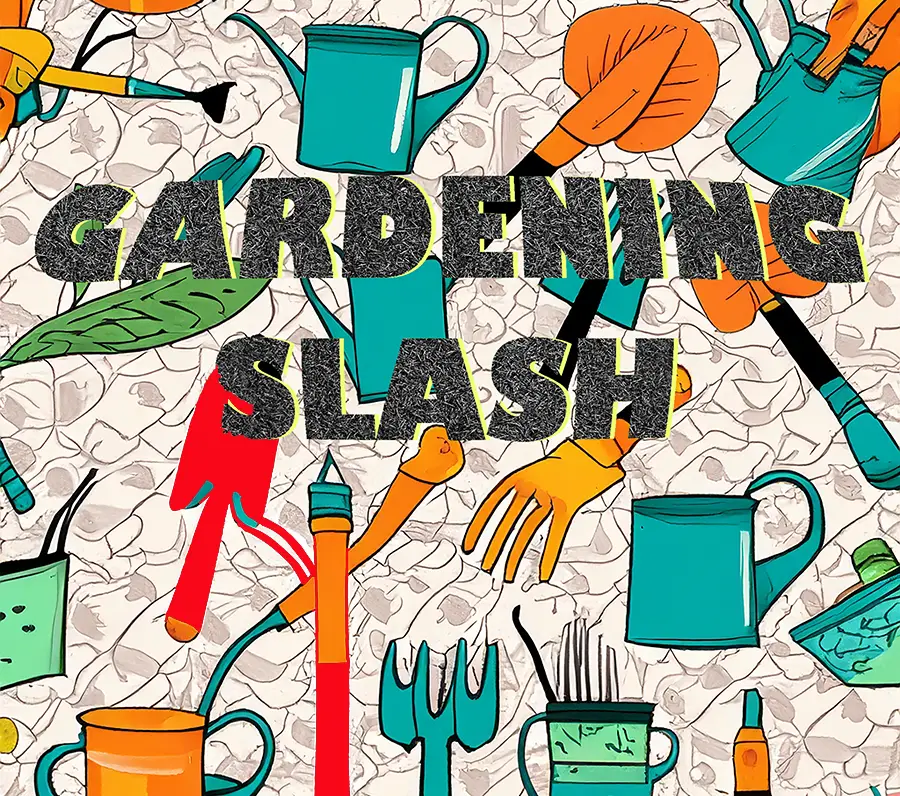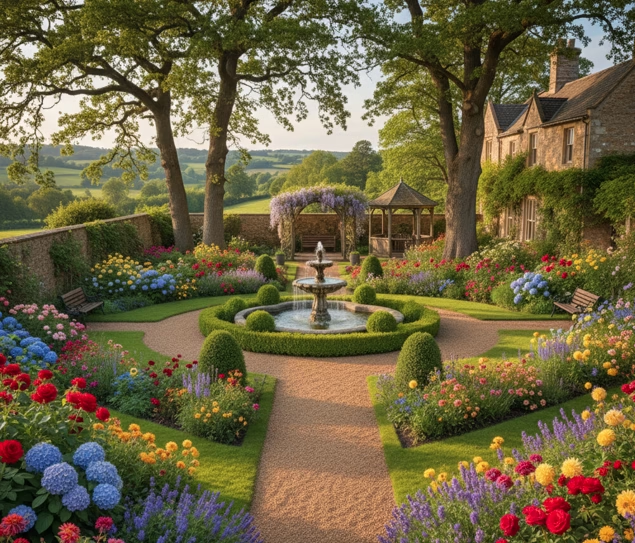Gardening isn’t just about putting seeds in the soil—it’s about creating a sustainable system that feeds your body, soothes your mind, and enriches your environment. Whether you’re a beginner with a small balcony or someone with a quarter-acre backyard, you can grow a thriving garden by focusing on the fundamentals.
Step 1: Choosing the Right Location
-
Sunlight: Most vegetables need 6–8 hours of direct sunlight daily.
-
Soil Drainage: Avoid areas where water pools after rain. Raised beds help if your soil is clay-heavy.
-
Accessibility: Place your garden near water access and your kitchen door. The closer it is, the more you’ll tend to it.
Step 2: Building Healthy Soil
Healthy soil = healthy plants. Focus on:
-
Organic Matter: Add compost, shredded leaves, or aged manure.
-
Soil Testing: A $20 soil test tells you what nutrients you need.
-
No-Till Gardening: Disturbing soil less helps beneficial microbes thrive.
💡 Pro Tip: Rotate crops yearly to prevent disease buildup.
Step 3: Picking Crops for Beginners
If you’re just starting, choose plants that are forgiving:
-
Vegetables: Tomatoes, zucchini, lettuce, radishes, peppers.
-
Herbs: Basil, parsley, rosemary, mint.
-
Flowers: Marigolds (great for pest control), sunflowers, nasturtiums.
Step 4: Watering & Maintenance
-
Deep, Infrequent Watering: Water roots, not leaves. Early morning is best.
-
Mulch Matters: A 2–3 inch layer of straw or leaves keeps soil cool and reduces weeds.
-
Pest Control: Use natural remedies like neem oil, companion planting, or ladybugs instead of harsh chemicals.
Step 5: Harvesting for Maximum Yield
-
Cut-and-Come-Again: Lettuce, kale, and herbs can be harvested multiple times.
-
Pick Often: The more you harvest beans, cucumbers, and zucchini, the more they produce.
-
Store Smart: Freeze herbs in olive oil, pickle cucumbers, or can tomatoes.
Bonus: Garden Upgrades to Try
-
Vertical Gardening: Grow cucumbers, peas, and beans on trellises to save space.
-
Raised Beds: Improve drainage and reduce back strain.
-
Pollinator-Friendly Plants: Attract bees and butterflies with lavender, echinacea, and salvia.
🌿 Final Thoughts
Gardening is a journey. Start small, learn through trial and error, and celebrate every harvest—big or small. With time, your backyard will evolve into a self-sustaining ecosystem that nourishes both body and soul.

